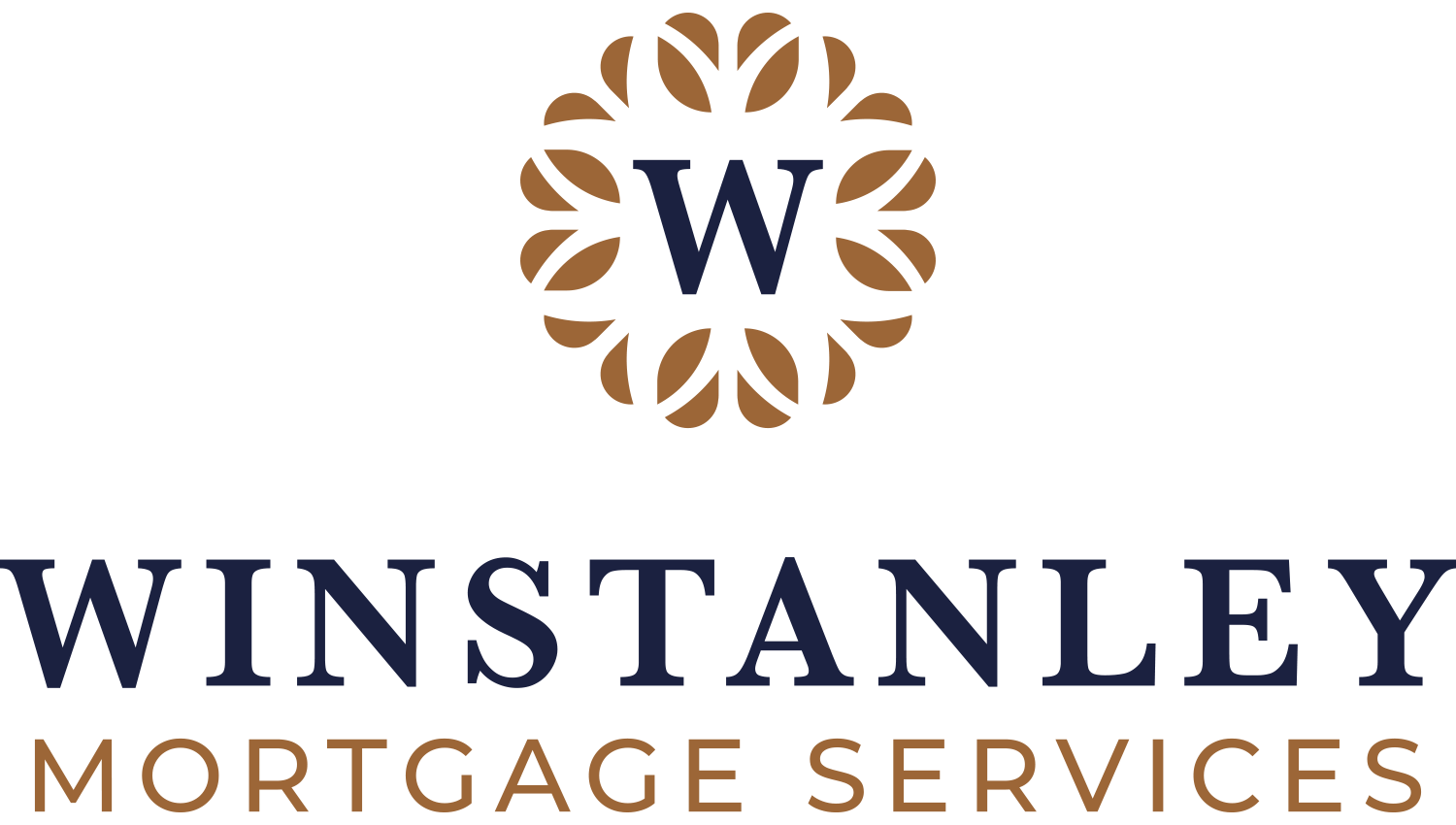news
A quick note for those First Time Buyers beginning their journey.....
May 16, 2025
As a company we receive phone calls every day from people asking 'how much will it cost if I borrow 'x' amount as a first time buyer'...obviously we would like to help these people but...



